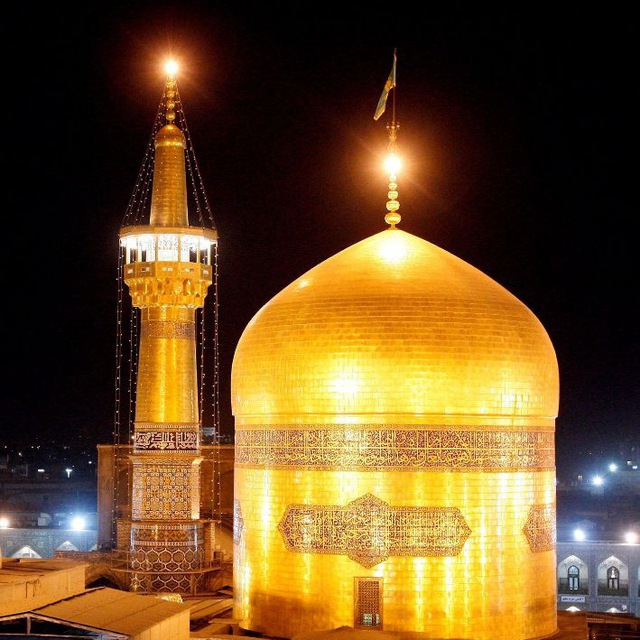Ali Motahari’s interview with Etimadonline:
* The Secretary of the Expediency Council has announced the review of the 2019 budget in the Supreme Supervisory Board of the Expediency Council. This is despite the fact that the review of the budget has not yet been completed in the Guardian Council and there have been no disputes regarding the approvals being referred to the resolution council. Is this a new procedure in legislation and the process of reviewing parliament’s approvals?
The High Supervisory Board of the Recognition Council says that we match the approvals with the general policies of the system. The budget is also a bill. Therefore, they believe that they should check everything. This is a procedure that we were critical of, but it is currently being done.
* Does this mean that this happens for all the approvals of the Islamic Council? Does the Supreme Supervisory Board investigate and give the result to the Guardian Council?
The Guardian Council examines the approvals for compliance with Sharia and the Constitution, and the Supreme Supervisory Board says it examines them for compliance with the general policies of the system and finally sends its opinion to the Guardian Council. In fact, two Guardian Councils have been established in the country. In my opinion, this is against the constitution, because according to the constitution, no institution other than the Guardian Council has the right to review the resolution of the parliament. The Guardian Council can do this only in terms of compliance with Sharia and the Constitution. But the said board refers to the internal regulations of the assembly and does this. I have raised this issue many times and many representatives agree with me that this is a heresy and against the constitution, but it has not reached anywhere yet and this process continues.
* Does it mean it is supposed to be implemented as a process?
Yes, it has been running for some time.
So this is a continuation of the same process that was implemented regarding FATF bills?
Yes, it is the same. Reviewing the approvals in the Supreme Supervisory Board of the Assembly leaves their hands open and they can stop and hold any approval under the pretext of non-compliance with a general policy. The same disaster that happened to the Palermo and CFT bills. In fact, the Expediency Recognition Council has entered the legislative process and is sitting in the place of the Senate, especially because it sometimes changes the resolution of the Parliament. This process has tied the hands of the parliament and limited the parliament. If this process is necessary, the constitution needs to be changed. In that case, even the Assembly can become the Senate.
* Therefore, in this new process, the main decision-makers will be the High Supervisory Board of the Assembly and the Guardian Council?
Yes, in fact, they can easily keep the resolution of the parliament where they are against it. Of course, the compliance of the Parliament’s resolution with Sharia and the Constitution is the legal authority of the Guardian Council, but the compliance of the Parliament’s resolution with general policies is not recognized by the Assembly and as a result, the Assembly’s entry into the documented legislation of the Constitution, and they simply refer to a bylaw, while the bylaw cannot violate be the constitution. The solution is that the representative of the assembly can appear in the relevant committee and even in the public forum during the review of a bill or plan in the parliament and express the opinion of the assembly from the point of view of compliance with general policies, but what the assembly approved can no longer be reviewed by the assembly. We cannot find two guardian councils.
In my opinion, the 11th Parliament should defend its right and not fall under the burden of this heresy. In the 10th parliament, the Speaker did not provide the necessary assistance to solve this problem. I hope the speaker
11. Enter this topic.
@alimotahari_ir
This post is written by Ssmh22
